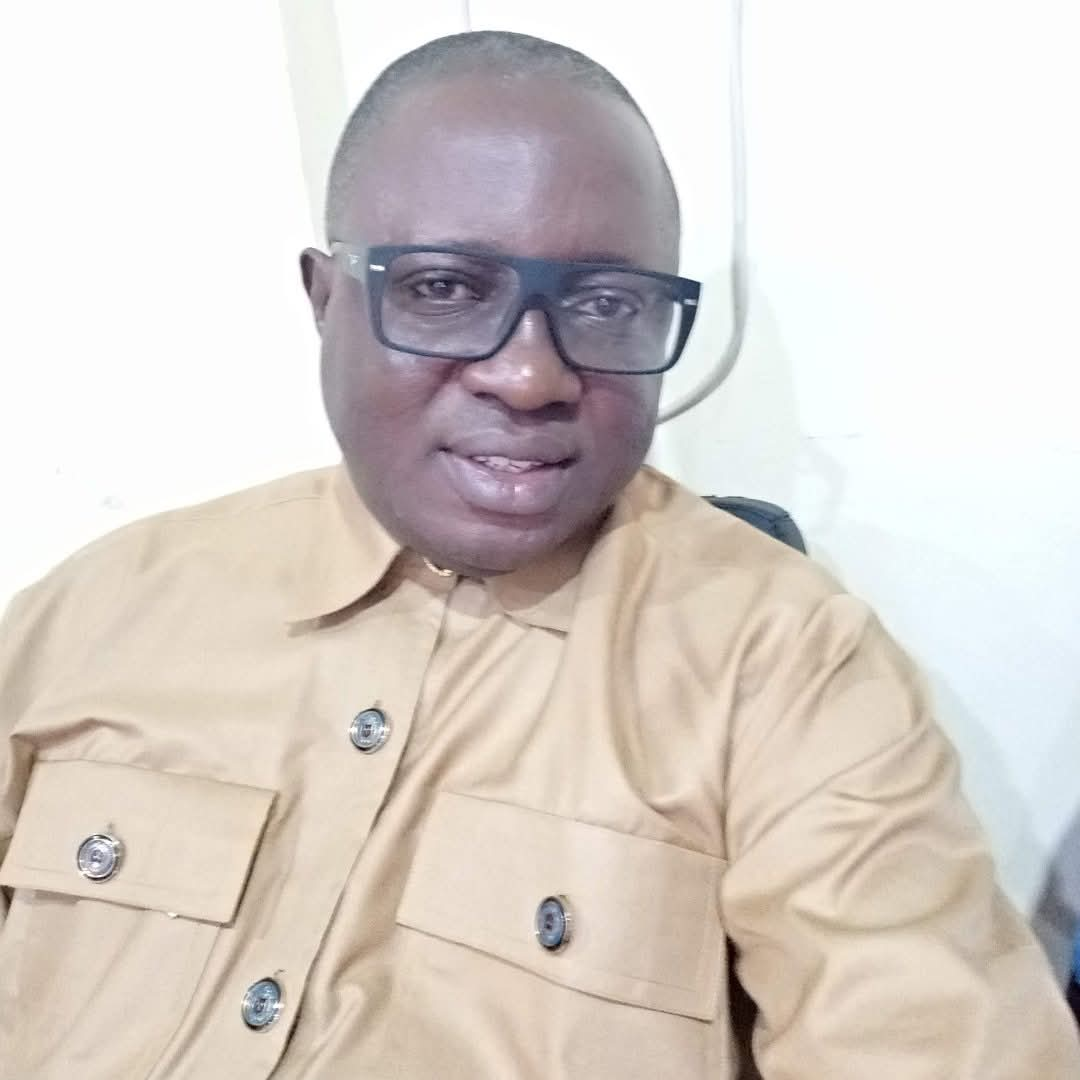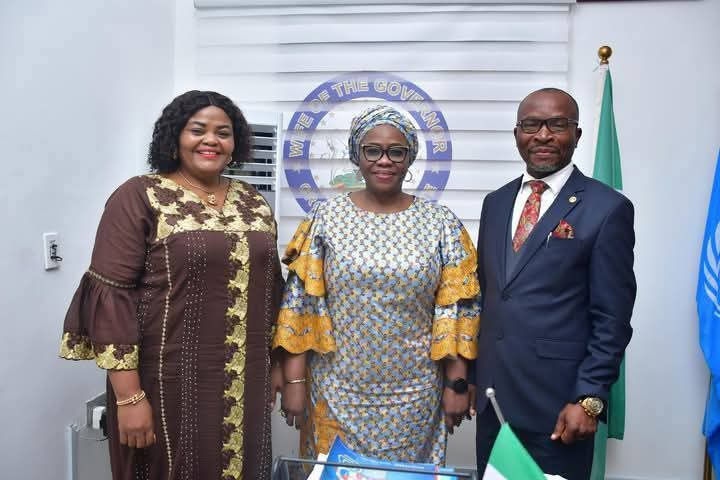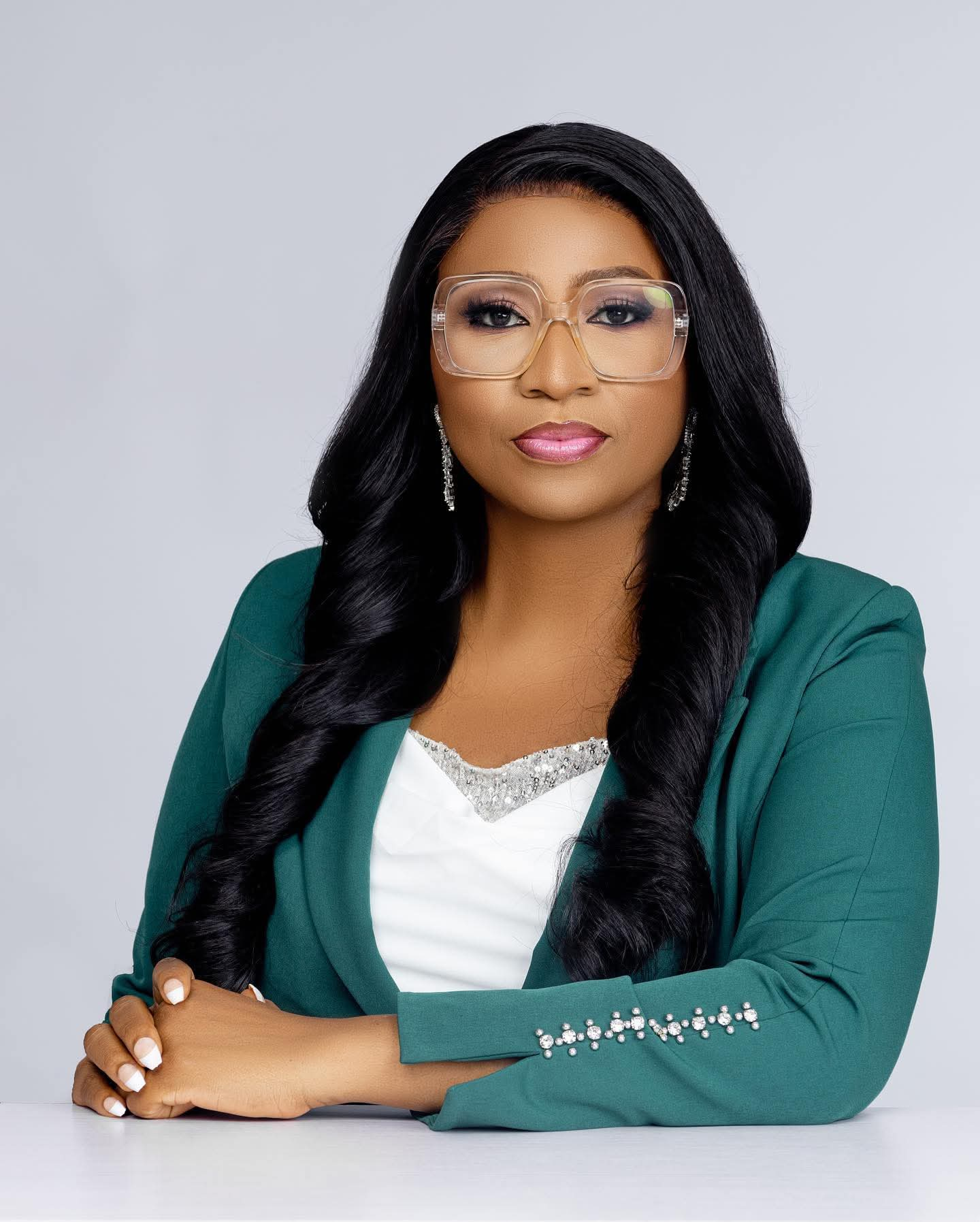Dr. Maurice Ekong, a former National Coordinator of the “Save Bakassi” movement, has publicly challenged the prevailing narrative surrounding the loss of 76 oil wells to Akwa Ibom State. In a recent statement, Ekong argues that the loss was a result of federal “official neglect and injustice,” drawing a parallel to the earlier ceding of the Bakassi Peninsula.
Dr. Ekong, who was deeply involved in the efforts to appeal the International Court of Justice (ICJ) ruling on Bakassi, stated that a coalition of Cross Riverians had gathered compelling new evidence and secured legal counsel from Cherie Blair, a Queen’s Counsel. He claims that despite appeals led by the Obong of Calabar, the Federal Government “flatly refused” to file the appeal with the ICJ, which only a sovereign government could do.
Turning to the oil wells, Ekong dismissed the narrative that former Governor Senator Liyel Imoke was to blame. He argues that the reallocation of oil wells falls under the jurisdiction of federal institutions, such as the National Boundary Commission (NBC) and the Presidency, not a state governor. He also questioned the claim by federal officials that they could not find any state government representatives to engage with, labeling it “laughable, insulting, even.”
According to Dr. Ekong, the handover of the oil wells was never fully concluded because a key precondition—the demarcation of the maritime boundary between Nigeria and Cameroon—was never met. He cited his personal involvement in a protest on November 22, 2012, which successfully blocked a United Nations Joint Team from carrying out the final boundary demarcation, leading to the exercise’s suspension.
Ekong concluded by stating that the loss of both Bakassi and the oil wells represents a pattern of betrayal against Cross River State. He called for justice and historical reparations, emphasizing that the state’s dignity and heritage have been compromised.
Read the full piece below:
SETTING THE RECORDS STRAIGHT: SOME UNTOLD TRUTH BEHIND
THE 76 OIL WELLS AND THE BETRAYAL OF CROSS RIVER STATE
By: Maurice Ekong, Ph.D.
Former National Coordinator, Save Bakassi
“There comes a time when silence becomes betrayal. In the face of misleading narratives and half-truths surrounding the loss of 76 oil wells to Akwa Ibom State, I feel compelled to set the record straight. As someone who was deeply involved during this critical period, not only as an observer but also as the National Coordinator of The Save Bakassi, I possess firsthand knowledge of the events and behind-the-scenes decisions that shaped our state’s fate.
Let me begin by revisiting the Bakassi saga, not to conflate it with the 76 oil wells issue, but to offer context to the pattern of official neglect and injustice that Cross River State has been repeatedly subjected to.
In the years following the International Court of Justice (ICJ) ruling ceding Bakassi to Cameroon, a window of 10 years was available for Nigeria to appeal if fresh and compelling evidence emerged. A coalition of patriotic Cross Riverians and Efik leaders, including Senator Bassey Ewa Henshaw, H.E. Nkoyo Toyo, Obonganwan Barbara Etim James, Hon. Ani Esin, Hon. Emmanuel Etene, and several others, mobilized to explore this opportunity. Our platform, Save Bakassi, worked tirelessly to gather critical new evidence we believed could shift the pendulum in Nigeria’s favor.
Renowned international lawyer and Queen’s Counsel, Mrs. Cherie Blair, wife of former UK Prime Minister Tony Blair, was consulted and thoroughly examined our submissions. She agreed that we had a credible case that could potentially reverse the ICJ ruling.
However, a critical obstacle remained: only a sovereign government can appear before the ICJ. We did not have that locus standi. This was not a matter that the state governor or citizens could file independently. And so, His Royal Eminence, Edidem Ekpo Okon Abasi Otu, The Obong of Calabar in a rare act of sacrifice and royal humility, led a delegation to Abuja to plead with the Federal Government to act in the interest of justice, history, and Nigeria’s territorial integrity. We were all witnesses as the Obong personally appealed to Michael Aondoakaa the then Attorney General of the Federation. Legal fees had already been paid. All the Federal Government needed to do was file the appeal.
Instead, we were met with stone-faced resistance.
The Attorney General flatly refused, no reason given. No concern shown. The same government that had failed to defend Bakassi at the ICJ now refused to allow those who cared to try to salvage what was left.
Now, let us turn to the 76 oil wells, a scandal that has further impoverished Cross River State. Recent commentary has sought to blame His Excellency Senator Liyel Imoke, former governor of the state, for this loss. That is both unfair and ignorant of the actual structure of our federal system.
Senator Imoke was governor, but the reallocation of oil wells is not within the jurisdiction of a state governor. It falls under the purview of federal institutions, including the National Boundary Commission (NBC) and the Presidency. What more could the governor have done when federal authorities had already made up their minds?
To now hear officials claim that they spent five days in Cross River and couldn’t find a single government official is laughable, insulting, even. Are we to believe that an entire state government vanished for five days? Or is it that Cross River failed to offer the infamous *“brown envelope,”* which has often served as the lubricant for questionable decisions?
And even if, for argument’s sake, no official was available, should that justify a decision that affects the economic lifeblood of an entire state? What happened to fairness? To data? To the records in the possession of the National Boundary Commission that clearly delineate the rightful ownership of those wells?
Let us be very clear: the handover of the oil wells was never fully concluded. One of the preconditions for final resolution was the demarcation of the maritime boundary between Nigeria and Cameroon, a step that never took place.
I can speak authoritatively on this. On 22nd November 2012, I led a group of prominent Cross Riverians including; Hon. Emmanuel Etene, Hon. Ani Esin, (both former chairmen of Bakassi LGA), Hon. Enefiok Inyang (former Vice Chairman of Odukpani LGA) and others to stop the United Nations Joint Team from proceeding to the Bakassi Peninsula from their base at Pyramid Hotel in Calabar. Their mission was to carry out the final boundary adjustment and demarcation. We peacefully blocked their movement, despite the presence of heavily armed policemen and DSS operatives deployed to suppress the action. As a result, the demarcation exercise was suspended.
So how can anyone claim the matter was settled?
We lost the Bakassi Peninsula, a region rich in hydrocarbons and marine resources, not because we lacked evidence or determination, but because those in power chose to look away. And now, with the 76 oil wells, we are witnessing a similar betrayal under a different guise.
The question must be asked: Who did Cross River State offend?
Why are our rights consistently disregarded, our territory carved up, and our resources handed over as political IOUs?
If any state deserves a special federal intervention zone for historical and economic reparations, it is Cross River. Yet, rather than relief, we are met with insult. Rather than justice, we are met with betrayal.
Let it be known: the narrative being peddled today does not reflect the truth. It reflects an attempt to rewrite history, conceal complicity, and absolve those who sat comfortably while our heritage was auctioned off.
This is not just about oil wells. It is about dignity. It is about justice. It is about a people who have given so much to Nigeria and received so little in return.
We will not forget. And we will not be silent.
Author’s Note:
This article is based on firsthand experience and direct involvement in the events surrounding the Bakassi appeal and the 76 oil wells issue. It is written in the interest of truth, justice, and the historical record.”





